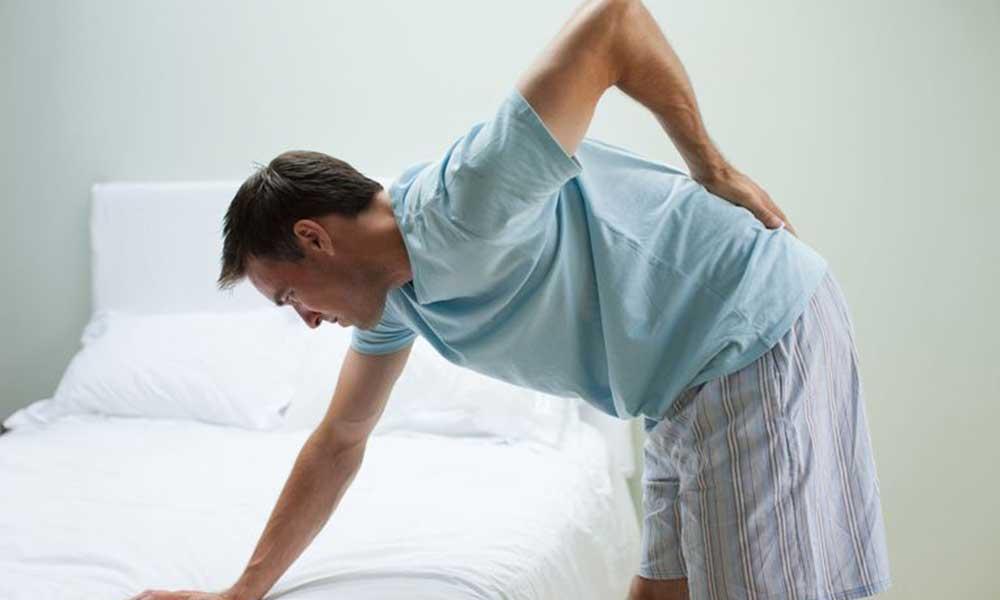Everything You Should Know About the Herniated Disc Problem

Herniated disc (หมอนรองกระดูกทับเส้นประสาท, which is the term in Thai), often referred to as slipped or ruptured disc is frequent spinal disorders that can be uncomfortable and interfere with day-to-day activities. This is a summary of all the information you need to know about the issue.
Understanding Herniated Disc
A herniated disc is a spinal disc in which a rupture allows the soft, gel-like interior to protrude in the harder outer layer. This could put pressure on adjacent nerves, resulting in pain, numbness, or weakening where it’s felt.
What Causes The Problem?
The normal aging process causes spinal discs to lose water content and become less flexible, which frequently leads to herniated discs. However, accidents, incorrect lifting techniques, and repetitive motions that put stress on the spine can also result in disc herniation.
Symptoms
The location and severity of the problem affect the symptoms of a herniated disc. The common symptoms include radiating pain, numbness, or tingling along the damaged nerve. It can also weaken the muscles supplied by the afflicted nerves.
Diagnosis
Medical experts use a mix of physical examination, diagnostic imaging testing, and medical history to diagnose a herniated disc. X-rays, MRIs, or CT scans can be performed to see the spine and verify the diagnosis.
Treatment Options
Conservative approaches to treating a herniated disc often involve rest, pain management, and physical therapy. Muscle relaxants or nonsteroidal anti-inflammatory medications (NSAIDs) may be administered. More intrusive alternatives like epidural steroid injections or surgical procedures may be explored in extreme situations or if conservative therapies are unsuccessful.
Lifestyle Modifications
Changing your lifestyle is essential for controlling and avoiding herniated discs. Regular exercises will reduce the chances of recurrence and manage symptoms. It will also strengthen the core muscles, maintain a healthy weight, and use good body mechanics while lifting or bending.
Prognosis
Conservative measures and lifestyle changes help several people with ruptured discs. Most people see a notable decrease in their symptoms in a matter of weeks or months. However, you may require surgery for long-lasting relief in certain circumstances, particularly for severe nerve compression.
Prevention
The secret to avoiding herniated discs is to have a lifestyle that promotes spine health. This includes keeping a healthy weight, exercising often to strengthen the core muscles that support the spine, adopting excellent posture, and employing safe lifting techniques.
To Sum Up
People can make more educated decisions regarding their spinal health if they have a basic understanding of herniated discs. This frequent spinal ailment can be effectively managed to lessen its influence on an individual’s general well-being by implementing preventative measures and seeking quick medical assistance.







